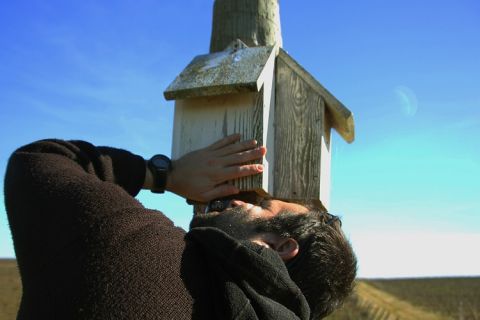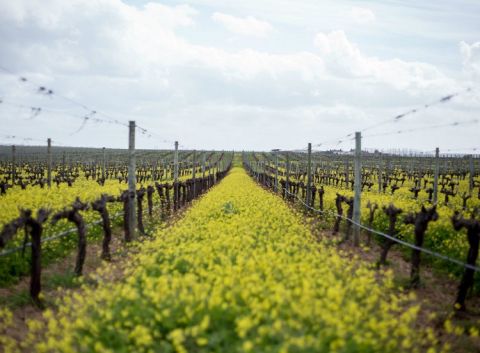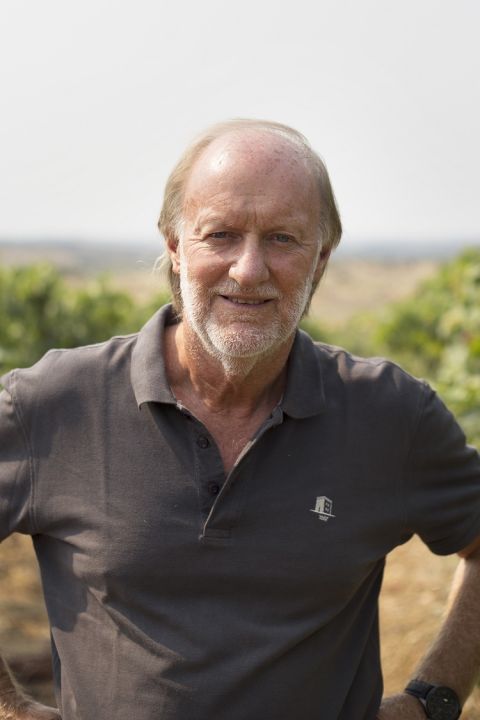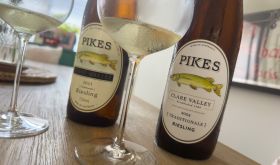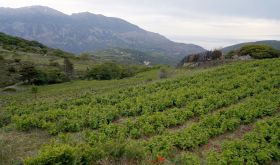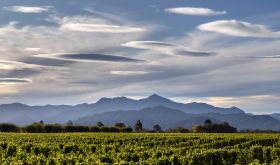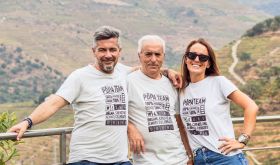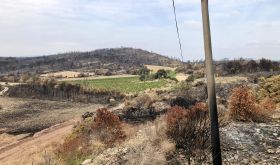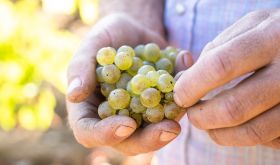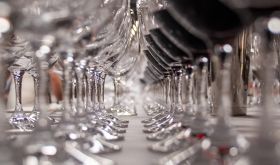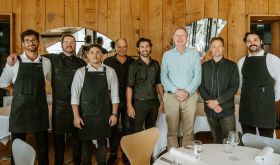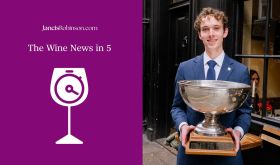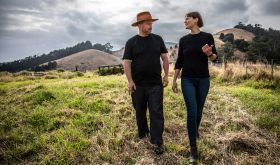From €11, 22.99 Bulgarian lev, 139 Swedish kronor, £12.95, $16.99, 129.99 Brazilian real, 3,000 Japanese yen
I didn’t intend to choose yet another Portuguese wine of the week, especially not on a week when you’ve had 140 Portuguese whites to feast your eyes on, but this gorgeous white was irresistible on two counts. First, I was stunned by the quality it delivered for the price, expecting it to cost at least £10 more per bottle, when I looked it up later. The second thing is the deeply thoughtful, practical, holistic and intelligent approach that Herdade do Esporão takes in everything it does.
Their mission is ‘To be a family company that is economically, socially and environmentally sustainable, capable of providing unique products and experiences that improve people’s lives.’
Which sounds all very noble and, let’s face it, lots of companies have these virtuous straplines that mean very little when the rubber hits the road. But Esporão is the real deal.
Co-founder and owner José Roquette received a Lifetime Achievement Award in 2018 at The Drinks Business Green Awards for his extraordinary commitment to environmental and social sustainability. From the very beginning, and long before it was commonplace, his vision for Esporão was a wine estate that minimised its impact on the landscape, saved water, saved energy, minimised pollution, looked after its employees and invested in the local community and culture. Thirty-five years later it’s all that and more.
Their organic vineyards are farmed with huge focus on biodiversity. Hedgerows and greenswards are planted with native flora, providing habitat and food sources for wildlife as well as increasing predators to provide natural pest control. Bat shelters, introduced in 2010, mean that they now have six species of bats in the vineyards, also controlling pests. Sheep fertilise the soils and control weeds in winter. They compost all organic waste in the vineyard and winery, increasing soil fertility, reducing fertiliser requirements and recycling waste without carbon emissions.
The company has won several sustainability and environmental awards over the years for their resource management programmes, and they have been involved in a number of community, cultural, historical, architectural and environmental research projects.
But to the wine in question. Their Reserva Blanco 2017 is a blend of Antão Vaz, Arinto and Roupeiro from 18-year-old organic vines on granite-schist bedrock with loam-clay on top. The grapes were hand-picked in the cool early morning, destemmed and cold-settled. The three varieties were vinified separately. Some of the wine was fermented in temperature-controlled stainless steel, some was fermented and aged for six months on lees in French and American oak barrels. It was bottled in May 2018 at 14.5% with around 2 g/l residual sugar.
The wine smells creamy, rich with lemon curd and with a touch of vanilla pod. The oak is there, but fine and fitting into the framework of the wine rather than providing the framework. There is a bit of grapefruit-peel bitterness and lovely dried herbs providing the angles and dimensions to a sea of ripe white fruit, as well as orange notes drawing it more deeply into the mouth. The acidity tingles like sherbet and the finish is long and mouth-filling.
This will age, and really does taste like a wine twice the price.
I’d like to leave you with Esporão manifesto, written on the website. I thought it was quite poignant for the time we’re in right now, and perhaps for the lessons we should be learning in order to secure the future.
'The world moves at a faster pace than ever.
But to many of us, it looks like we’re going nowhere fast.
Fast is surrendering our privacy for instant access to memes.
Fast is downing a double espresso while rushing to work.
Fast has us watching five seasons of a show on Netflix in one gulp.
Fast has made the week speed by because we were too busy to stop and look around.
Fast isn’t forward.We’re from the slow country.
We have a different pace of life.
And it makes life look pretty good.
Slow is smart. Slow is a skill. Slow is progress.
So if you’re in a hurry, drink wine slowly.
Drink life slowly.There are many ways to move forward. This is ours:
Slow Forward.'
Drink this wine slowly.
The 2017 vintage is available in Portugal, the Netherlands, Belgium, Germany, the UK, Sweden, Austria, Bulgaria, the US (eight states), Brazil and Japan. You can buy it from at least six merchants in the UK, although the cheapest merchant is in Jersey. Field & Fawcett are selling it for £13.35 a bottle and are delivering.
The 2018 is available in Switzerland, widely available elsewhere and, in some cases, even more cheaply than the 2017. I wouldn’t hesitate to buy the 2014 through to the 2018 as long as the bottle hasn’t spent six years cooking on a shop shelf. Older vintages can be found in Canada and Ireland.
Jancis adds I'm delighted to see this wine turning up again in this important slot. See this 2006 wine of the week and this 2008 one.


